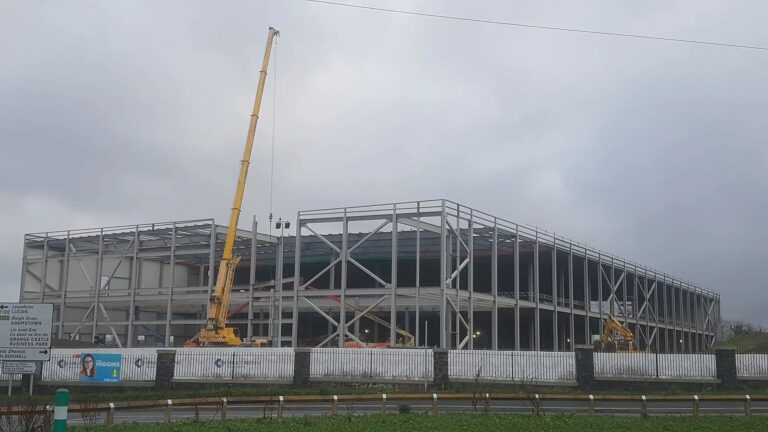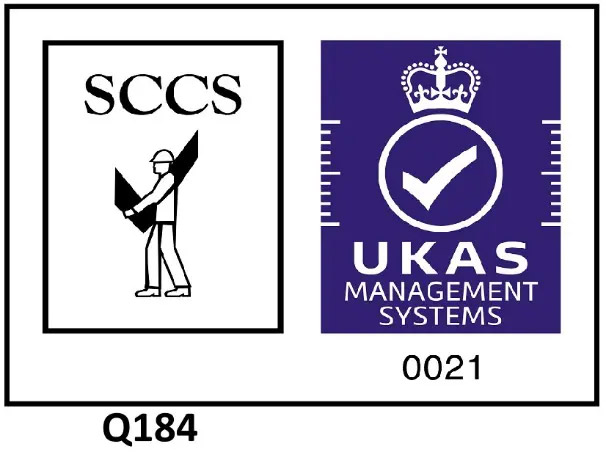When you are caught out by frustrated contracts and require a steelwork subcontractor, it can be tempting to make a snapshot decision based on the quote which appears to be the most competitive offering the quickest turnaround.
However, you need to be confident your subcontractor ticks the boxes on many more fronts, to avoid even more extended lead-times and increased costs further down the line.
You need to know that the work will be done to your required schedule, to the same exacting quality standards as your own, that they adhere to the appropriate safety standards, that the price will be right from the offset and that the subbie is reliable, gives good customer service and is responsive to your queries. How do you satisfy yourself that they can fulfil all these requirements?
Being a reputable sub-contractor, we are happy to share four key areas that we think you should consider, with some top tips and questions….
Capability, Quality and Safety
- Can they carry out the required fabrication package, both in terms of magnitude and turnaround time?
- Request a detailed Project Schedule
- Will they complete in-house, or sub-out further to other 3rd party suppliers?
- Verify that they (and their supply chain) are accredited to the following standards?
- ISO 9001:2015 Quality Management System Certification
- BS EN 1090 Structural Steel & Aluminium, ensuring structural integrity, durability, and safety.
- BS 3834 Quality requirements for fusion welding of metallic materials
- Are all platers and welders directly employed, with recognised qualifications and experience?
- Are all WPQR’s (Welding Procedure Qualification Records) in place and maintained?
- Is in-house welding & dimensional inspection carried out, by qualified staff?
- Ask to see their safety records, including incident history.
- Ask how they stay updated with industry standards and best practice.
Experience and Reliability
There are some key questions that you can ask. Speak with some previous / current clients to get insights into punctuality and their ability to manage any challenges that arise.
- Who have they worked for recently on similar projects?
- Are they long term customers?
- Are they satisfied with their work and would they work with them again?
- How robust is their quality critical supply chain?
- What challenges did they face and how were they overcome?
Price and value
It is worth remembering that it is value that you need and that “Least cost is rarely best value”. Will you be getting the bare minimum for your money, or will there be immeasurable added value included?
- Does their quote / tender reflect your requirements? Is it clear and unambiguous?
- Does the Scope of Works stated in quotation match the work content?
- Do they offer any added value? For example:
- Free of charge technical advice and recommendations for efficiency?
- Full Technical Review and appropriate ITP (Inspection Test Plan) at outset of project, documenting when, what, and how to conduct inspections to ensure your project meets the requirements and standards as promised.
- Full nesting of shaft material, whether supplied or free issue, thereby reducing scrap waste and optimizing production
- Interrogation of NC files before work begins, with quarantine of faulty files until revision confirmed?
- Full traceability throughout manufacturing (up to EXC4 – Execution Class 4)
- Full Declaration of Performance – DoP and OEM Documentation issued at conclusion of project?
Customer Service
Finally to ensure your own time is not wasted, it is worth asking some questions around their customer service:
- Will you have one person responsible for and managing your work that you can contact?
- How long does it take for any queries and amendments to be dealt with? Is there a process in place for this?
- Are all Quality Issues reported, actioned, and recorded?
- Are all supplier issues, in the case of free issue material, relayed back, actioned, and recorded?
- Are all revisions/amendments/mistakes with detailing recorded and itemised (manhours/resources/delivery delay) as soon as they arise?
- What is their process for dealing with any disputes?
Going through this process may take a little longer at the commissioning stage but could save you endless time and money in the long run.





